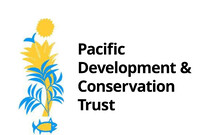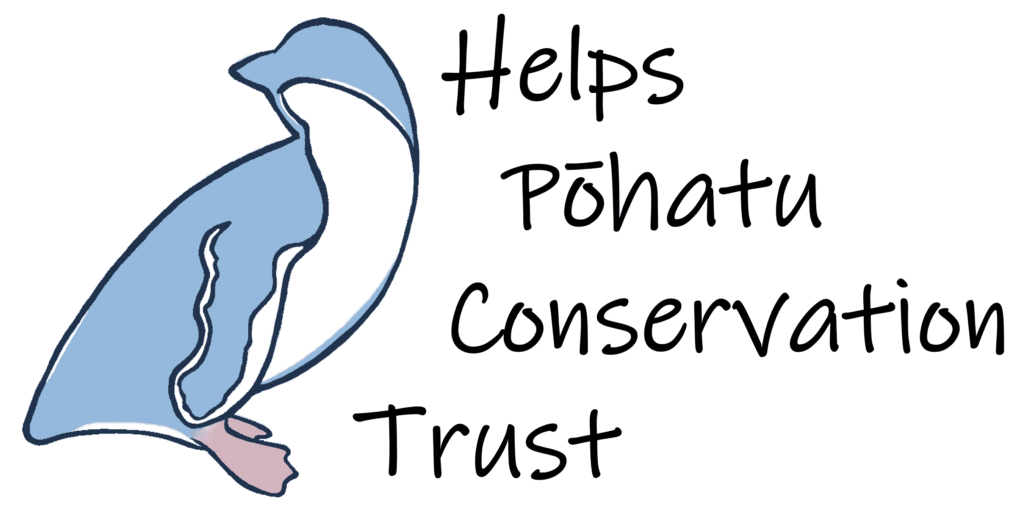Little Penguins
Little penguins are back! This year, we are supporting Pōhatu Helps Conservation Trust with GPS monitoring, database & visualization of the penguin colonies around Banks Peninsula. A new film will also be made.
Since 2020, the Blue Cradle Foundation has been a partner of the Helps Pōhatu Conservation Trust based in Akaroa. Situated at Pōhatu/Flea Bay, this community group manages one of the largest mainland colonies of kororā/little penguins (particularly the endemic white-flippered penguin) through habitat restoration, research, conservation efforts, education, and ecotourism. In 2020, Blue Cradle collaborated on a kororā population survey through helping establish a citizen science protocol and by producing a documentary, “Kororā”, which was shown in cinemas and aired on RNZ gaining over 50,000 views. Since 2022, Pōhatu has conducted at-sea GPS tracking.
This year, Blue Cradle aims to continue supporting the protection of this species and the endemic white-flippered penguin by providing key resources to the Helps Pōhatu Conservation Trust, as well as building awareness in schools through pedagogical ocean literacy tools and a new documentary.

We will achieve our goal by supporting Pōhatu’s wider engagement around their conservation mahi to protect the little penguins/kōrora.
We will integrate their efforts in a wider ocean literacy narrative which includes climate change, biodiversity protection and anthropogenic changes occurring. Through the creation of the app/website, 3D map as well as through new interactive educational materials and opportunities (e.g. events), we will work in collaboration with Pōhatu penguins and their partners to increase visibility of the recent at-sea GPS tracking of the kororā.
After discussions of how to interpret the data acquired, we will explore wider meaning for the health of the marine environment, protection measures including marine reserves and customary fisheries management tools. Working with our educational team and our school partners we will create opportunities for tamariki and rangatahi to learn about this conservation work in more detail.
Excursions, film screening and workshops may be planned.
Supported by




